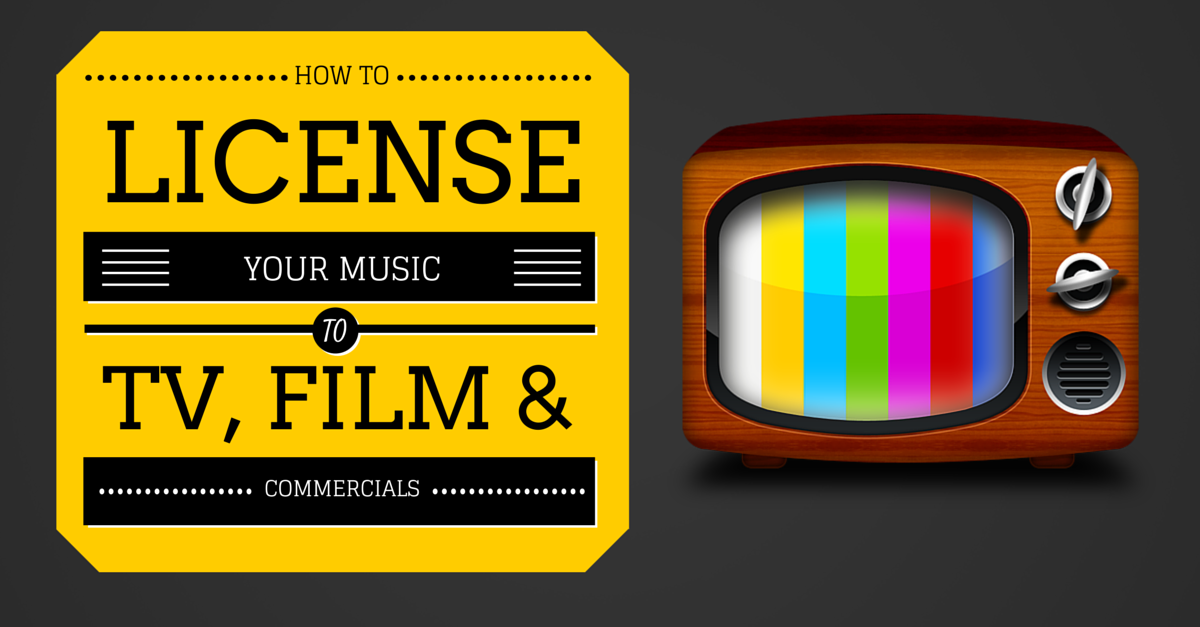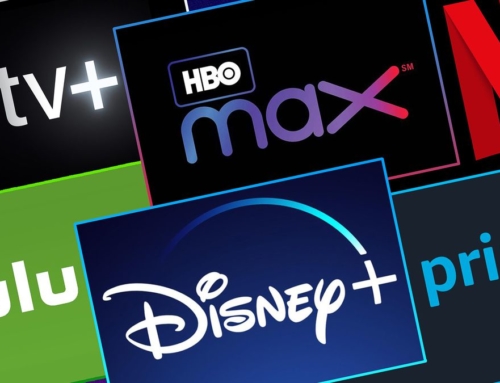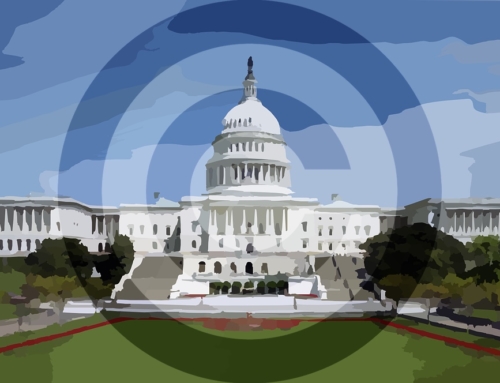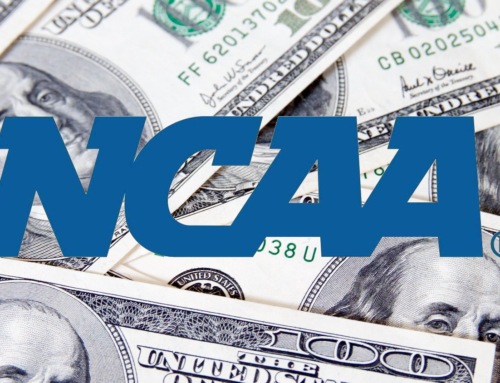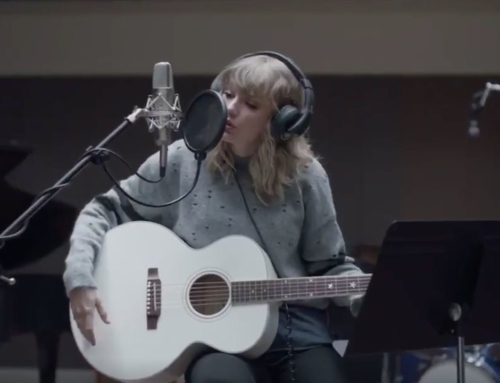To further establish your career as an artist it is beneficial to look outside of the traditional outlets of success to grow your career. One way of doing so is to consider licensing your music.
Licensing your music allows other entities to use your music for commercial purposes. Given the fact that this process involves the distribution of your intellectual property, is is important that you take care and follow all the necessary steps in the process so as to ensure you are compensated and credited adequately for your work.
The following guide will help you with this process of licensing your music:
Select Your Music
The first thing you need to do is decide which aspects of your catalogue you want to license. In doing so, keep these guidelines in mind:
- Songs and instrumental tracks are fine but avoid selecting anything that has explicit lyrics. With the potential for commercial use, licensees will generally avoid using any explicit material or material that could be deemed offensive.
- Ensure your music doesn’t contain any samples. Any samples used in your music would have to be cleared as they are considered copyrighted material. If your music contains copyrighted material that is the intellectual property of another party, it will not be eligible for licensing
- In line with the previous guideline, it is important that you ensure you are the copyright holder to the work you wish to have licensed. If the work has co-authors, ensure that they, and all other parties who may have a share of the copyright, are comfortable with a licensing agreement.
- If you have a label, discuss licensing with them before you seek any opportunities yourself. You may need authorization from your label to do so and they may have contacts for licensing already available.
Prepare Your Music
Once you have selected your music, prepare high-quality files of the selected tracks. Ensure any mp3s are match the industry standard of at least 320kbps
Secondly, ensure that all appropriate metadata is attached to these files. This includes but is not limited to the following:
- Artist name
- Track name
- Album Name
- Release Date
- Publisher
- Genre
Register Your Music
The next step is to take your prepared files and register them with a Performance Rights Organization.
These organizations will ensure that royalties are collected and paid to you for any commercial use of your work.
The most popular Performance Rights Organization in Canada is SOCAN.
While there are many different organizations available to register with, you need only register with one as these organizations collaborate with one another worldwide to ensure artists are compensated fairly wherever their work is used.
Music Libraries
When it comes to licensing music, there is a great deal of administration work that takes place behind the scenes before the music makes it to your desired platform.
Handling this type of work on your own can be overwhelming which is why music libraries exist. While music libraries are not in the business of promoting your music, their role is to make music available and ready to be licensed.
When an ad agency, promotor, filmmaker or other entity is looking for music for their production or other endeavour, the first place they look is often in a music library seeing as these act as one-stop-shops for licensed music. HAving your music available on such a platform puts you in the queue to have your work spotlighted by those who want to purchase your work.
There is often a fee associated with submitting your music to a music library. However, it is an excellent means of ensuring your music will be seen by interested parties.
When you submit to a music library, you and the library will agree on payment terms for your work. These are often divided into the following categories:
Sync Fees: Sync fees are paid directly to the music library in the form of a flat fee upon a party acquiring your work. Then based upon the agreed upon terms, the music library pays you a percentage of that fee; the standard being a 50/50 split.
Performance Royalties: If your music is used commercially, you will get a cut of the revenue generated from each play of the media. In this instance, the Performance Rights Organization
The following are examples of music libraries:
Each library specializes in different music forms and licensing opportunities. Over time, you will come to know which works best for you and your work.
Submit
Once you have completed the following steps and spent time identifying different libraries and the types of licensing opportunities that are both lucrative and appealing to you the only thing left to do is submit your work.
In doing so, ensure that you are following the submission guidelines, as each venue will have differing criteria. Also ensure that you agree to the terms that each venue puts forth in an effort to ensure you will be both compensated fairly for your work and your work will be displayed in an appropriate outlet while you maintain control of the copyright of your intellectual property.


